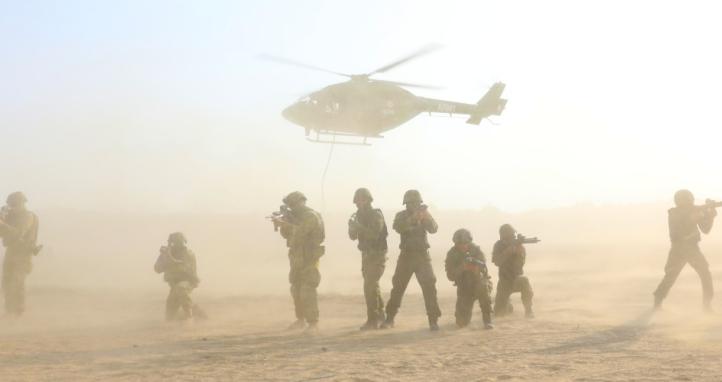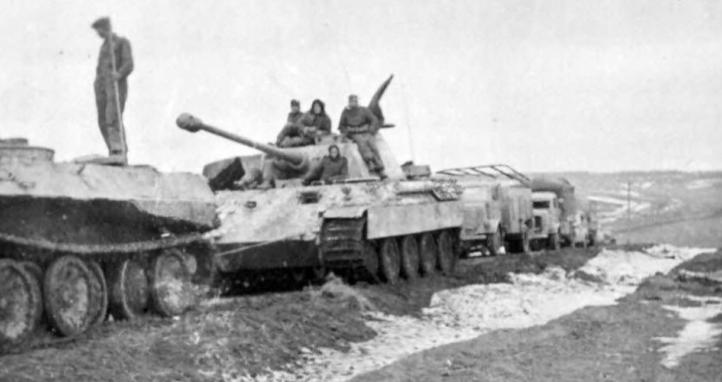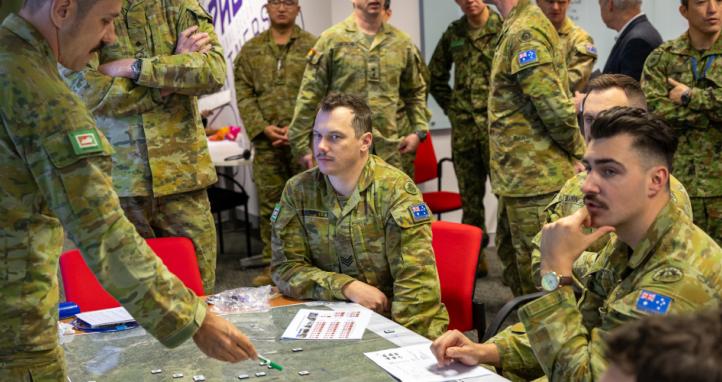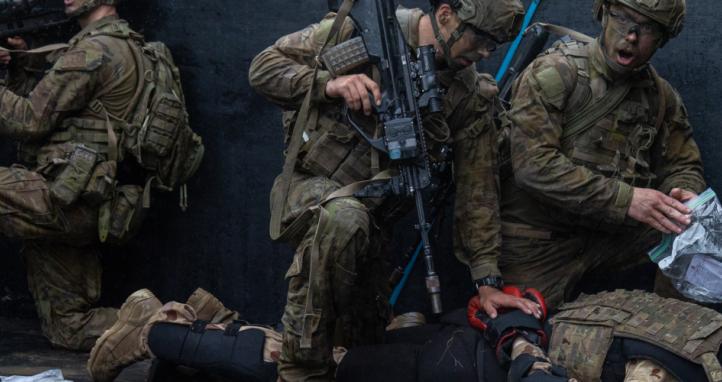The often quoted “those who do not learn from history are doomed to repeat it” is often attributed to Winston Churchill. However, this axiom is not new; it is a truism because history often repeats itself because no-one was listening the first time. Whilst it is debatable if history actually repeats, it certainly rhymes. Geography has not shifted a great deal, but our political interpretation adjusts as borders are re-drawn, revolutions overturn political systems and alliances are created between former adversaries. Some have even argued that increasing consciousness of cultural identities that span across nations may be a new source of conflict in a clash of civilisations.
Others have insisted that such a clash has ended and future conflicts will be ideological. Perhaps the answer is somewhere in between, whilst we have new actors, persistent factors such as geography, history, and cultures of peoples continue to influence these actors, their interpretation of a worldview which in turn shapes their actions. History may not repeat, but it certainly rhymes.
Andrew Maher has recognised such a rhyme occurring in the Indo-Pacific in his recent article for the Modern War Institute at West Point. He argues clear echoes between those initial actions undertaken by Imperial Japan’s 'Co-Prosperity Sphere' and The People’s Republic of China’s (PRC's) 'One-Belt, One-Road' initiative. He shows that during the 1930s Japan used aggressive diplomacy to leverage weaker or more vulnerable nations for political and trade concessions before the outbreak of hostilities across South East Asia and the Indo-Pacific. He likens this to the more recent PRC use of 'wolf-warrior' diplomacy whereby the PRC has similarly adopted a significantly more assertive and nationalistic stance in recent times.
“The lesson today is that One-Belt, One-Road is a similar program of infrastructure development through which economic coercion and dual-use infrastructure can support war plans. State-owned enterprises and large-scale electronic surveillance both conduct and expand the channels through which intelligence can be collected. Economic coercion creates fissures that undermine domestic unity. Fissures induced by corrupt officials or sympathetic media outlets weaken a domestic counter-narrative. Such political warfare levers might also be used to create the perception of ‘fifth columnists’ among the ethnic Chinese population in domestic constituencies. These tensions fray the social fabric, often in a manner disproportionate to the actual threat of subversion.
The less obvious lesson is that, at present, the CCP [Chinese Communist Party] has been and is being deterred from undertaking military adventurism, just as Japan was contained in the late 1930s. While the West recently recognised that it is in competition, the CCP has maintained an incremental struggle for a century. Communicating unambiguously that the West will confront certain gray zone activities may serve to prevent rational actors from being sidelined from national strategy conversations, but confrontation that looks like containment may also prove counterproductive – as it did with Japan.”
– Andrew Maher
Thank you to all who attended on Tuesday, 27th June in-person at Randwick Barracks Officer's Mess and online. Check out the entire CoveTalk below.
Biography
Andrew Maher is an Australian chief of army scholar and a lecturer with the University of New South Wales (UNSW) Canberra on irregular warfare. He holds fellowships with UNSW Canberra’s School of Humanities and Social Sciences and Charles Sturt University’s terrorism studies program. He is a doctoral candidate examining the strategy of proxy warfare. He has served in the Australian Army through multiple deployments to Afghanistan and Iraq, and has held multiple command appointments alongside staff, training, and operations roles. He has bachelor’s degrees in civil engineering and human resource management from the University of Southern Queensland and a master’s degree in defence studies from UNSW Canberra.
Find Andy Maher’s Bio from Modern Warfare Institute Website here.
For more CoveTalks, check out The Cove’s Features.









